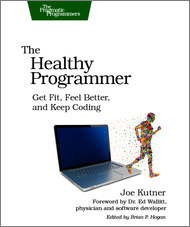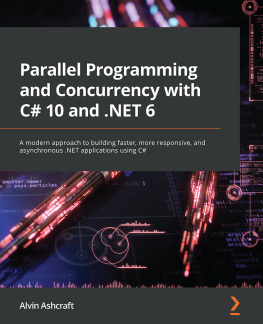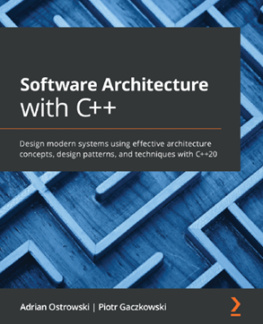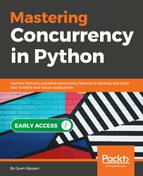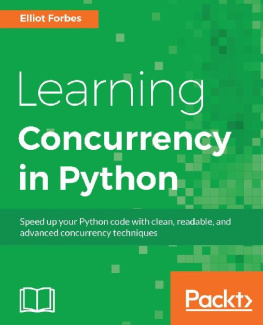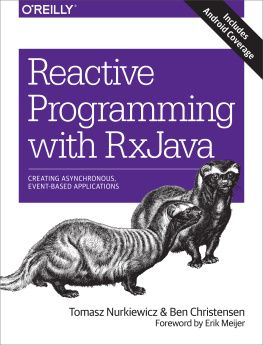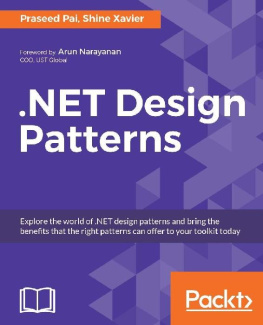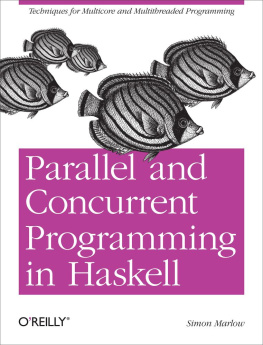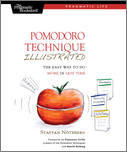Paul Butcher - Seven Concurrency Models in Seven Weeks: When Threads Unravel
Here you can read online Paul Butcher - Seven Concurrency Models in Seven Weeks: When Threads Unravel full text of the book (entire story) in english for free. Download pdf and epub, get meaning, cover and reviews about this ebook. year: 2014, publisher: Pragmatic Bookshelf, genre: Computer. Description of the work, (preface) as well as reviews are available. Best literature library LitArk.com created for fans of good reading and offers a wide selection of genres:
Romance novel
Science fiction
Adventure
Detective
Science
History
Home and family
Prose
Art
Politics
Computer
Non-fiction
Religion
Business
Children
Humor
Choose a favorite category and find really read worthwhile books. Enjoy immersion in the world of imagination, feel the emotions of the characters or learn something new for yourself, make an fascinating discovery.
- Book:Seven Concurrency Models in Seven Weeks: When Threads Unravel
- Author:
- Publisher:Pragmatic Bookshelf
- Genre:
- Year:2014
- Rating:3 / 5
- Favourites:Add to favourites
- Your mark:
Seven Concurrency Models in Seven Weeks: When Threads Unravel: summary, description and annotation
We offer to read an annotation, description, summary or preface (depends on what the author of the book "Seven Concurrency Models in Seven Weeks: When Threads Unravel" wrote himself). If you haven't found the necessary information about the book — write in the comments, we will try to find it.
Your software needs to leverage multiple cores, handle thousands of users and terabytes of data, and continue working in the face of both hardware and software failure. Concurrency and parallelism are the keys, and Seven Concurrency Models in Seven Weeks equips you for this new world. See how emerging technologies such as actors and functional programming address issues with traditional threads and locks development. Learn how to exploit the parallelism in your computers GPU and leverage clusters of machines with MapReduce and Stream Processing. And do it all with the confidence that comes from using tools that help you write crystal clear, high-quality code.
This book will show you how to exploit different parallel architectures to improve your codes performance, scalability, and resilience. Youll learn about seven concurrency models: threads and locks, functional programming, separating identity and state, actors, sequential processes, data parallelism, and the lambda architecture.
Learn about the perils of traditional threads and locks programming and how to overcome them through careful design and by working with the standard library. See how actors enable software running on geographically distributed computers to collaborate, handle failure, and create systems that stay up 24/7/365. Understand why shared mutable state is the enemy of robust concurrent code, and see how functional programming together with technologies such as Software Transactional Memory (STM) and automatic parallelism help you tame it.
Youll learn about the untapped potential within every GPU and how GPGPU software can unleash it. Youll see how to use MapReduce to harness massive clusters to solve previously intractable problems, and how, in concert with Stream Processing, big data can be tamed.
With an understanding of the strengths and weaknesses of each of the different models and hardware architectures, youll be empowered to tackle any problem with confidence.
What You Need:
The example code can be compiled and executed on *nix, OS X, or Windows. Instructions on how to download the supporting build systems are given in each chapter.
Paul Butcher: author's other books
Who wrote Seven Concurrency Models in Seven Weeks: When Threads Unravel? Find out the surname, the name of the author of the book and a list of all author's works by series.

